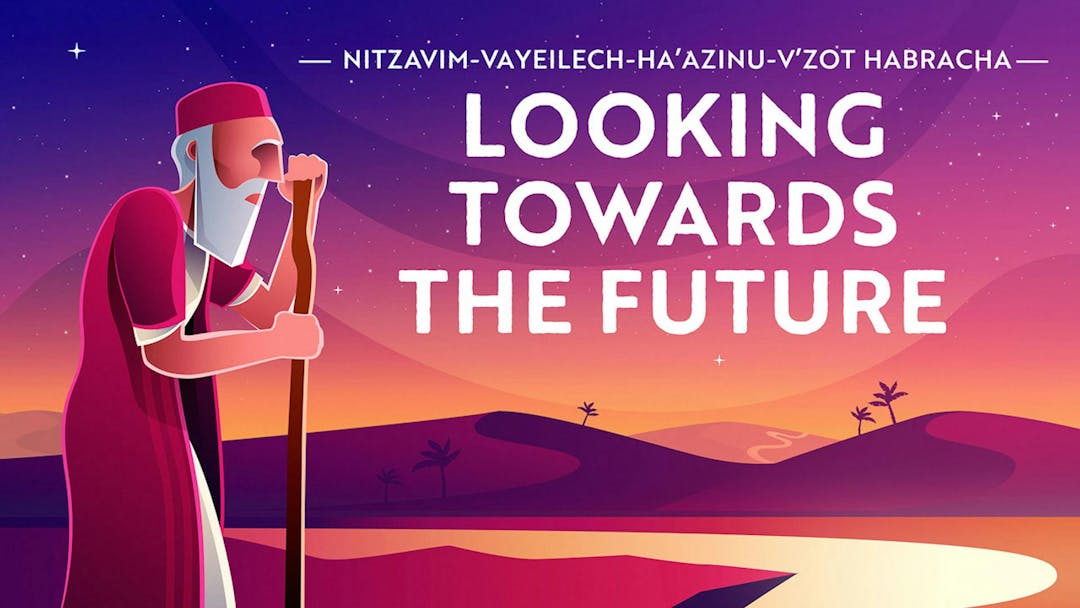Start your free trial today to unlock the full library and enjoy unlimited and uninterrupted access.
Get StartedHakhel: What Is Fear Of God? (Part 1 of 2)
What The Bible Says About Learning To Fear God
Parshat Vayeilech is nearing the end of Moshe's life, and he seems to be preparing the nation for their future without him. He assures them, "don't fear! God will be with you!" But then, once his pep talk is over, he starts to talk about something that seems to come out of left field: the mitzvah of Hakhel. He tells them that once every seven years, the entire nation should all gather together and hear the Torah read to them. And he says that this is supposed to teach them to fear God.
And this raises a whole lot of questions: Why is Moshe teaching this mitzvah now, right after he gives his rousing pep talk and is getting ready to take leave from the nation? And equally puzzling, what does Hakhel have to do with fear of God? I don't feel gripped with fear each time I hear the Torah read at shul – why would hearing it once every seven years make such a deep impression?
A closer look into Hakhel may actually help us understand why this mitzvah is so crucial, and why the Israelites needed to hear it at this very moment in time. We'll see that Hakhel has important implications for the Israelites' future, in the generations after Moshe, and even for us today.
What is Aleph Beta?
Aleph Beta is a unique kind of Torah library. Led by our founder, Rabbi David Fohrman, we are dedicated to high-level, textual Torah learning for adults that is intellectually and spiritually sophisticated, that enlivens your Jewish practice and helps you forge a deeper connection to God. Whether you’ve been learning in yeshiva for years or you’re just beginning your Torah journey, you’re sure to find something meaningful and surprising waiting for you here.
Browse our library of over 1,000 beautifully produced animated videos, podcasts, deep dive courses, and printable guides. Topics include the weekly parsha, Jewish holidays & fast days, laws & mitzvot, prayers, relationships, big philosophical ideas and more. Have something to say at the Shabbos table that will amaze your family and guests and bring deep meaning into their lives.









